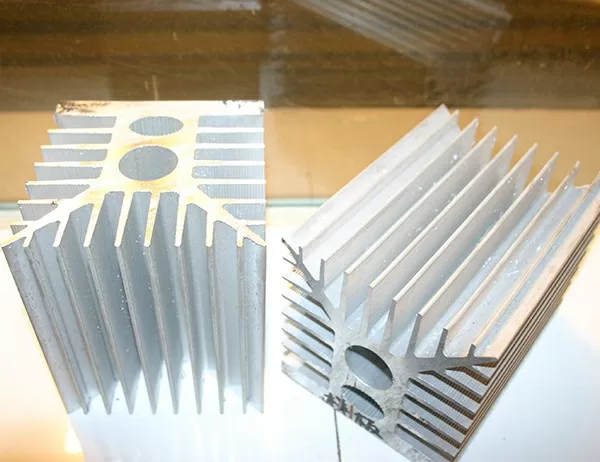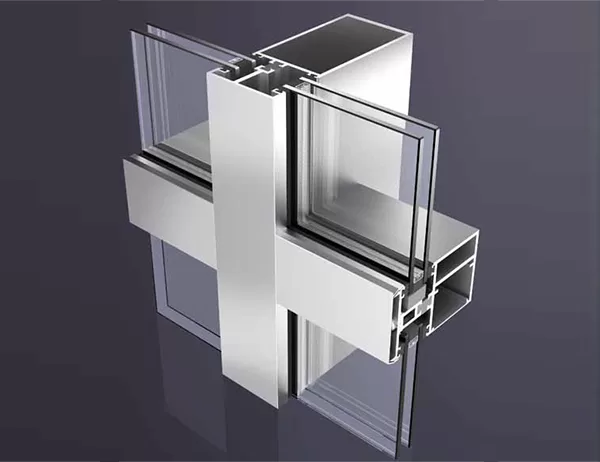When it comes to ensuring the strength and stability of structures, 8mm aluminium sheets have emerged as a preferred material for a myriad of reasons. This article will delve into the various aspects of how 8mm aluminium sheets contribute to enhancing structural integrity.
Exceptional Strength-to-Weight Ratio
8mm aluminium sheets possess an impressive strength-to-weight ratio, making them ideal for applications where weight optimization is crucial. Compared to traditional materials like steel, aluminium offers superior strength while being significantly lighter. This lightweight nature reduces the overall weight of structures, facilitating efficient transportation and ease of installation.
High Corrosion Resistance
Aluminium exhibits excellent corrosion resistance, ensuring the longevity and durability of structures. Its oxide layer forms a protective barrier against environmental factors, such as moisture and chemicals, preventing rust and deterioration. This resistance eliminates the need for costly maintenance and reduces the risk of structural failures due to corrosion.
Excellent Weldability
8mm aluminium sheets can be readily welded using various methods, including TIG, MIG, and spot welding. The material’s high weldability allows for seamless joints, creating strong and durable connections. Welded structures made from aluminium sheets offer increased rigidity and withstand higher loads without compromising integrity.
Formability and Flexibility
Aluminium sheets are highly formable, enabling them to be shaped into complex geometries. This versatility makes them suitable for fabricating custom architectural features, curved elements, and intricate designs. The flexibility of aluminium sheets allows for the creation of aesthetically pleasing structures without sacrificing structural stability.
Thermal Conductivity and Insulation
8mm aluminium sheets exhibit excellent thermal conductivity, facilitating heat dissipation within structures. This property makes them ideal for use in cooling systems, where heat transfer is essential for maintaining optimal temperatures. Additionally, aluminium’s low thermal expansion coefficient provides dimensional stability, ensuring structural integrity during temperature fluctuations.
Cost-Effectiveness
Despite their superior properties, 8mm aluminium sheets are relatively cost-effective compared to other materials. The combination of lightweight, durability, and low maintenance requirements makes aluminium an economical choice for various structural applications.
Conclusion
8mm aluminium sheets offer a comprehensive range of benefits that enhance the structural integrity of buildings and other structures. Their exceptional strength-to-weight ratio, high corrosion resistance, excellent weldability, formability, and thermal conductivity properties make them an ideal choice for demanding engineering applications. The cost-effectiveness of aluminium sheets further enhances their desirability, making them a preferred material for architects, engineers, and construction professionals worldwide.




